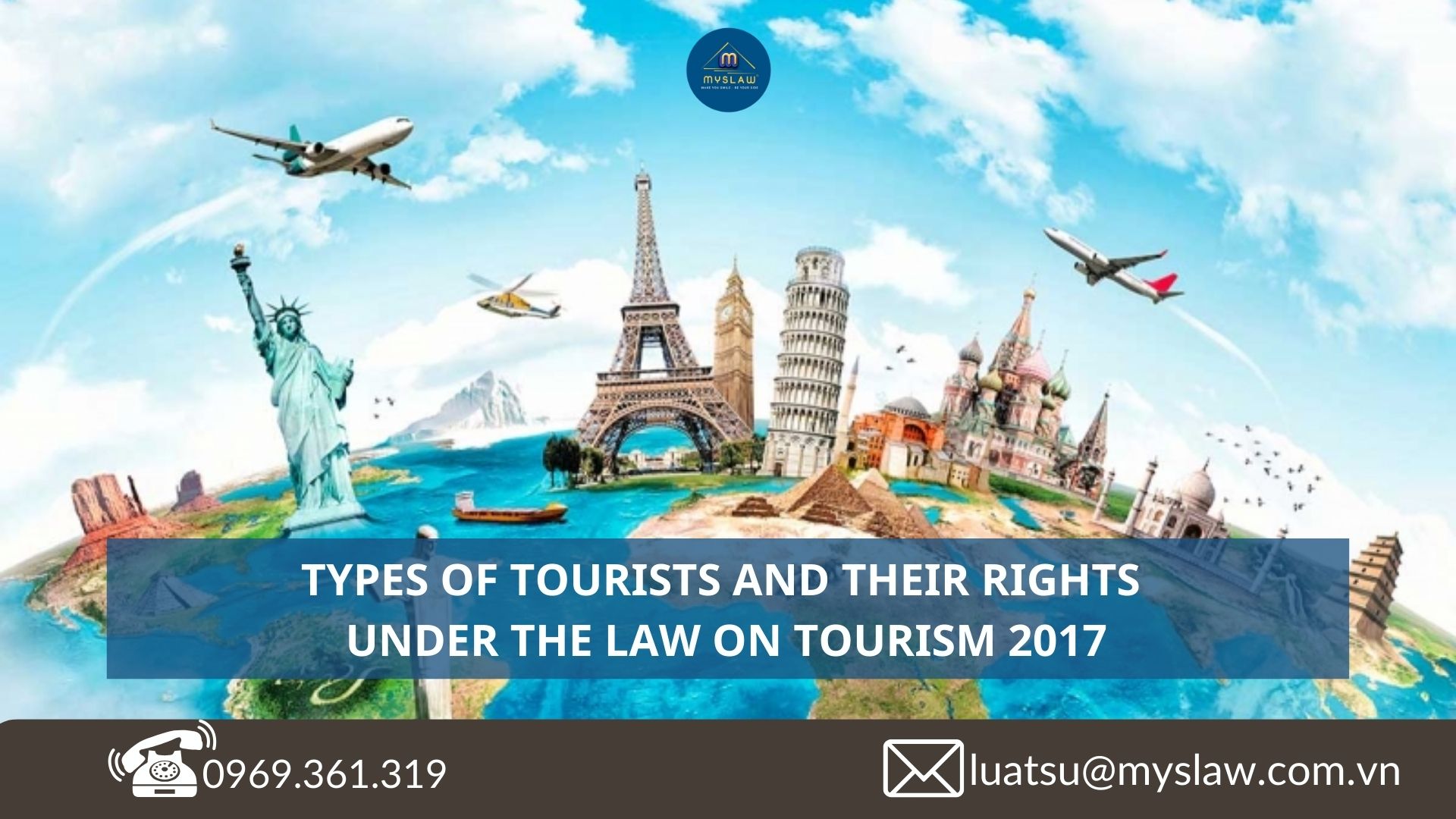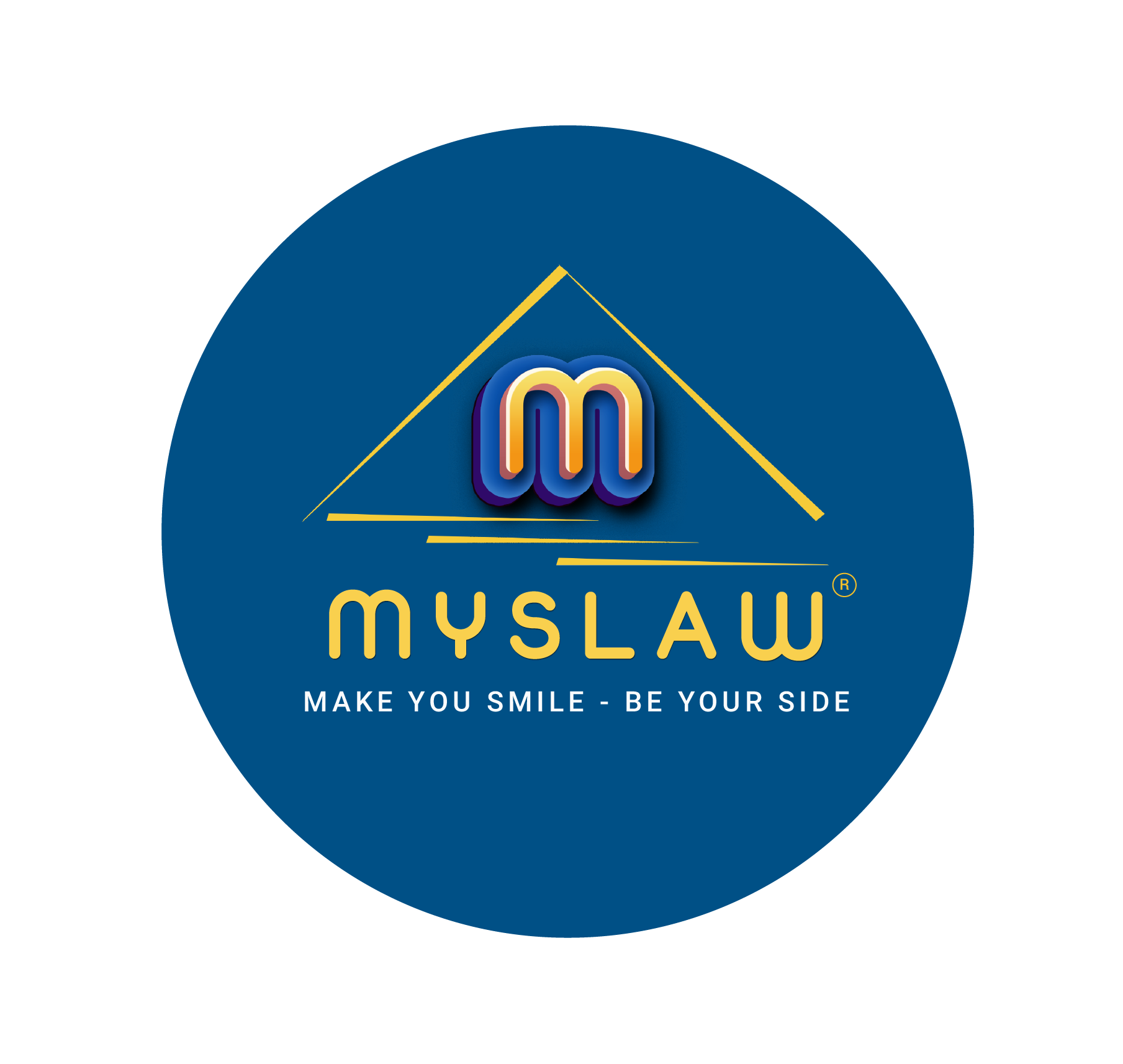Question
What are the types of tourists in Vietnam according to the Law on Tourism 2017? What are their rights?

1. Types of Tourists According to the Law on Tourism 2017
As stipulated in Article 10 of the Law on Tourism 2017, tourists in Vietnam are classified into three categories:
- Domestic tourists:
Vietnamese citizens or foreigners permanently residing in Vietnam traveling within the country for tourism purposes. - Inbound tourists:
Foreigners or overseas Vietnamese traveling to Vietnam for tourism purposes. - Outbound tourists:
Vietnamese citizens or foreigners permanently residing in Vietnam traveling abroad for tourism purposes.
2. Rights of Tourists in Vietnam
Under Article 11 of the Law on Tourism 2017, tourists have the following rights:
- Access and use tourism services offered by organizations and individuals or travel independently.
- Receive necessary information on tours, services, and destinations as per contractual agreements.
- Be facilitated in immigration, customs, and travel within Vietnam under legal and international agreements.
- Have their legal rights protected in accordance with signed contracts.
- Be treated fairly, with assurance of personal safety, respect for honor and dignity, and rescue in emergencies.
- File complaints or lawsuits against violations of tourism regulations.
- Lodge complaints with tourism service providers or competent authorities regarding issues in tourism activities.
- Be compensated for damages as per the law.
3. Obligations of Tourists in Vietnam
Per Article 12 of the Law on Tourism 2017, tourists must:
- Comply with Vietnamese laws, behave respectfully towards local customs, and protect cultural heritage and the environment.
- Adhere to regulations of tourist sites and service providers.
- Pay agreed service fees and other charges in accordance with the law.
4. Prohibited Acts in Tourism Activities
According to Article 9, prohibited actions include:
- Activities harming national sovereignty, security, or cultural traditions.
- Using tourism to illegally transport people.
- Damaging tourism resources or the environment.
- Discriminating against tourists, forcing them to buy goods or services, or exploiting them financially.
- Operating tourism businesses without the required licenses or failing to meet regulatory conditions.
- Advertising false ratings or categories of tourist accommodations.
Conclusion
The Law on Tourism 2017 outlines clear classifications, rights, and obligations for tourists in Vietnam, ensuring a fair, safe, and culturally respectful environment for all participants in the tourism sector.
For more details, refer to Law No. 09/2017/QH14.
The above information is provided by Mys Law. For any questions regarding the content of this article, please contact 0969.361.319 or email: [email protected] for further clarification. Best regards!
Compiler: Nguyen Anh Quan





